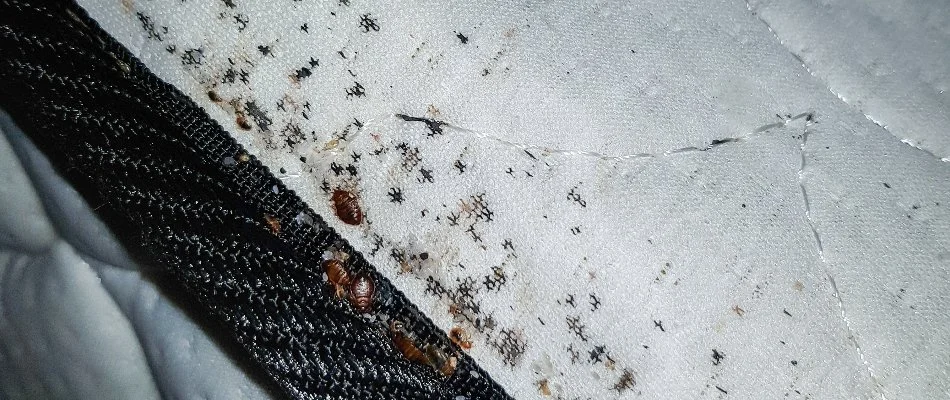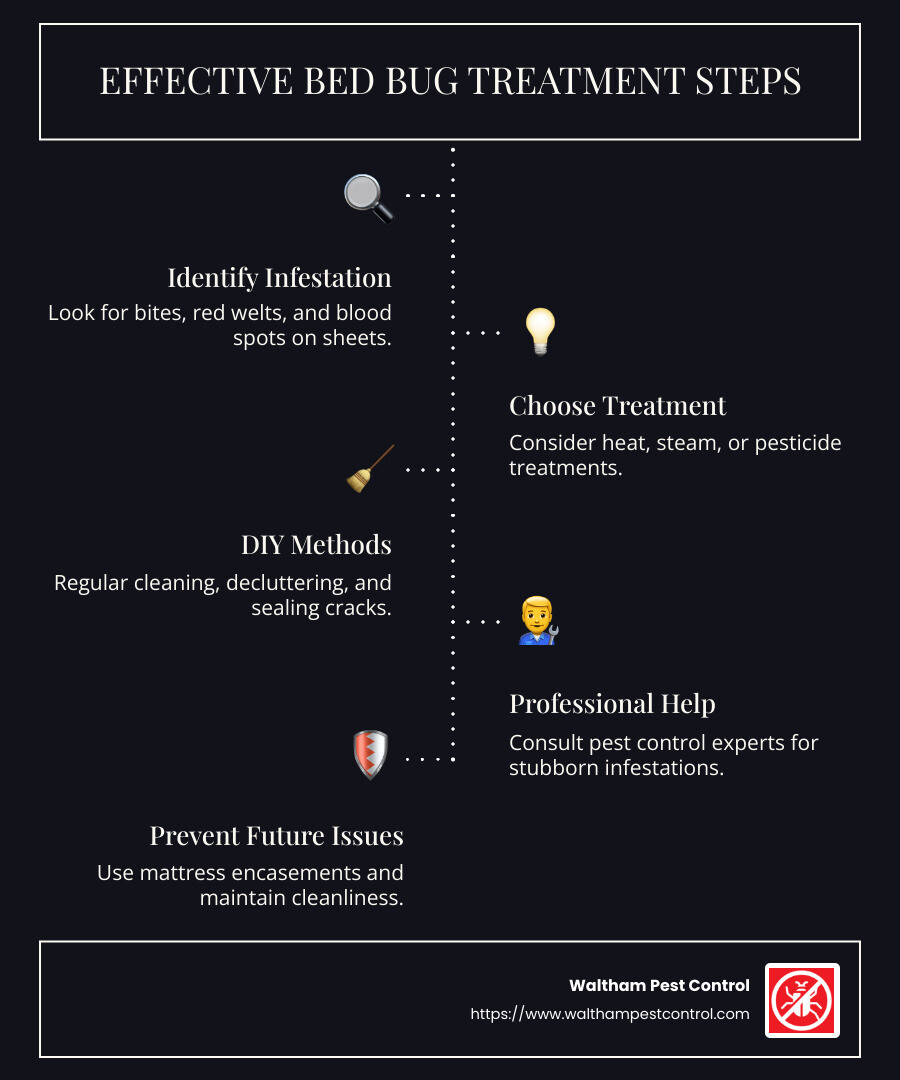About Bed Bug Services
Table of ContentsThe Only Guide for Bed Bug ServicesThe Greatest Guide To Bed Bug ServicesThe Best Guide To Bed Bug ServicesOur Bed Bug Services Diaries
A professional bed bug inspection is far more detailed than a casual glance and relies on expertise. Bed bugs are difficult-to-detect, fast-moving pests that hide in narrow spaces, corners, and upholstery. Because of their hidden habits, a thorough inspection is essential to accurately locate and quantify infestations. Professional inspectors employ a range of techniques, tools, and expertise to identify infestations early, reducing the risk of escalation.The first step in any professional inspection involves understanding bed bug biology and behavior. Bed bugs belong to the Hemiptera group and progress through eggs, several nymphs, and adult stages. Adults are oval, flat, reddish-brown insects that lack wings and have long legs and antennae. Their segmented proboscis allows them to pierce the skin and feed on blood, producing skin irritation and visible marks. Knowing these traits enables detection of likely areas for bed bug activity.
Early detection is critical for effective management. Professionals search for telltale signs such as dark spots of fecal matter, molted skins, and eggs (Bed Bug Services). A single female can lay hundreds of eggs, leading to rapid infestations if unchecked. Evidence of shed exoskeletons or leftover eggs signals ongoing activity and requires prompt inspection
Preparing for an inspection requires attention to detail. Inspectors often recommend clearing clutter from treatment areas, which improves access to furniture and baseboards. Bedding and linens may be treated with heat before inspection, and then kept in plastic bags to maintain cleanliness. Wall decor, mirrors, and pictures should be taken down to allow access to potential bed bug harborages. Vacuuming furniture and floors helps clean up stray insects, and vacuum bags should be disposed of immediately outside.
Bed Bug Services Fundamentals Explained
The inspection itself is systematic and thorough. Inspectors focus on sleeping areas like beds, headboards, and mattresses, paying attention to edges, seams, and potential hiding spots. Upholstered furniture, including seating furniture, is inspected thoroughly, including underneath and inside cushions. Baseboards, moldings, the edges of wall-to-wall carpeting, electrical outlets, closets, and storage areas are site methodically checked, as these can be key areas for infestation.
Specialized tools improve inspection effectiveness. Flashlights, magnifying lenses, multi-tools, and mirrors help inspect hard-to-see areas. Monitoring devices like interceptor traps or sticky pads aid in identifying infestation trends. Some companies bring in canine teams, which accurately identify active infestations, distinguishing them from non-active traces.

Meticulous documentation is a key component. Inspectors document all signs, infestation levels, and suggested measures. This supports transparency and helps with client communication. Residents are often Check This Out instructed to preserve evidence for accuracy, as this prevents loss of critical information.
After inspection, a monitoring plan may be recommended to verify infestations and observe trends. Continuous monitoring identifies surviving insects after treatment, and collecting view it now feedback from occupants helps pinpoint problem areas. Cooperation from residents enhances detection.
Not known Facts About Bed Bug Services

Professional inspections provide confidence that infestations are correctly identified. Trained inspectors spot subtle signs overlooked by untrained eyes, ensure the correct pest is addressed, and give peace of mind.
Bed bug inspections are particularly important in hotels, dormitories, multi-unit apartments, and senior living facilities. Inspectors check neighboring rooms and shared spaces to identify potential spread (Bed Bug Services). This stops further spread
In summary, a professional bed bug inspection requires knowledge of bed bugs, property preparation, careful examination, tool utilization, record-keeping, and follow-up monitoring. Each step contributes to accurate detection, effective treatment planning, and long-term prevention.
The Buzz on Bed Bug Services
